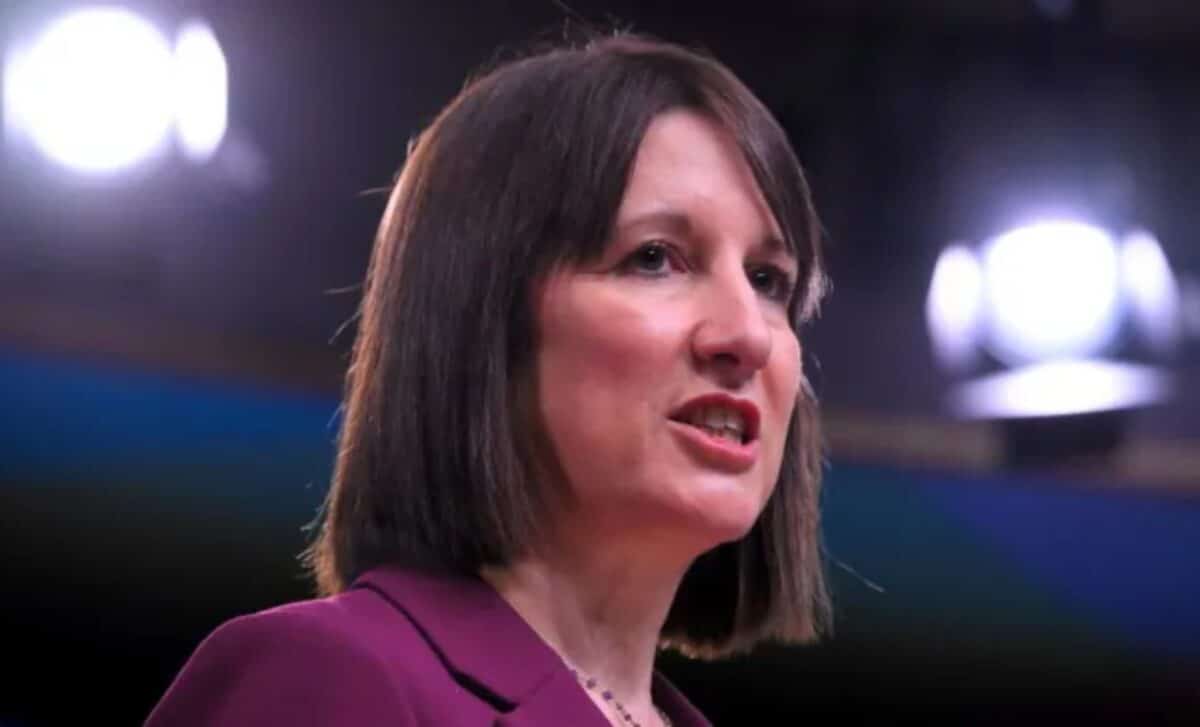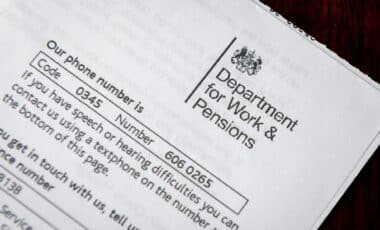Rachel Reeves, Chancellor of the Exchequer, is reportedly planning to introduce additional cuts to the UK’s welfare system. This move follows a recent rejection of government savings forecasts by the Office for Budget Responsibility (OBR), which indicated the government’s proposed welfare cuts would not achieve the anticipated savings.
The adjustments, expected to reach £500 million, form part of wider efforts to balance the country’s books amidst growing economic pressures.
The government’s recent attempt to trim welfare spending, announced last week, was aimed at saving £5bn for the Treasury. However, according to the OBR, these reforms would yield only £3.4bn in savings.
The discrepancy has created a fiscal shortfall, with further cuts likely necessary to meet the Chancellor’s fiscal objectives without resorting to extra borrowing. As part of her strategy, Reeves is now set to impose additional welfare savings, primarily targeting universal credit and disability benefits.
Impact on disabled people and social benefits
The government’s ongoing welfare reforms have raised concerns, particularly among disability advocates. In the last round of cuts, new eligibility requirements for the Personal Independence Payment (PIP) and reduced funding for the health element of Universal Credit (UC) were introduced.
These cuts are expected to disproportionately affect disabled individuals, adding to growing unease within Labour’s own ranks.
Reports suggest that further welfare changes are set to include freezing incapacity benefits for new UC claimants until 2030 and reducing the basic rate of UC in 2029, following a £7 weekly increase.
The chancellor is facing considerable opposition from Labour MPs, many of whom are concerned about the broader implications of these measures on vulnerable communities.
Despite these objections, Reeves is expected to continue with the proposed changes, alongside additional public spending cuts in other areas to cover the £1.6bn shortfall identified by the OBR.
Challenging fiscal environment for the UK government
The UK government’s fiscal position is becoming increasingly strained. Lower-than-expected economic growth, coupled with higher-than-forecast borrowing costs, has left the Treasury in a difficult position.
Growth is expected to drop even further as the OBR updates its economic projections, which will affect the government’s capacity to reach its budgetary goals on tax revenue alone.
In response, Reeves has been forced to implement more severe measures to maintain fiscal discipline, adhering to her self-imposed rule of balancing day-to-day spending through tax receipts rather than additional borrowing.
This fiscal strategy is designed to demonstrate Labour’s commitment to sound public finances, but with limited economic growth and rising debt levels, achieving this target has become increasingly challenging. As a result, the Chancellor is expected to focus on further cuts to welfare as part of a broader push to control public spending.









